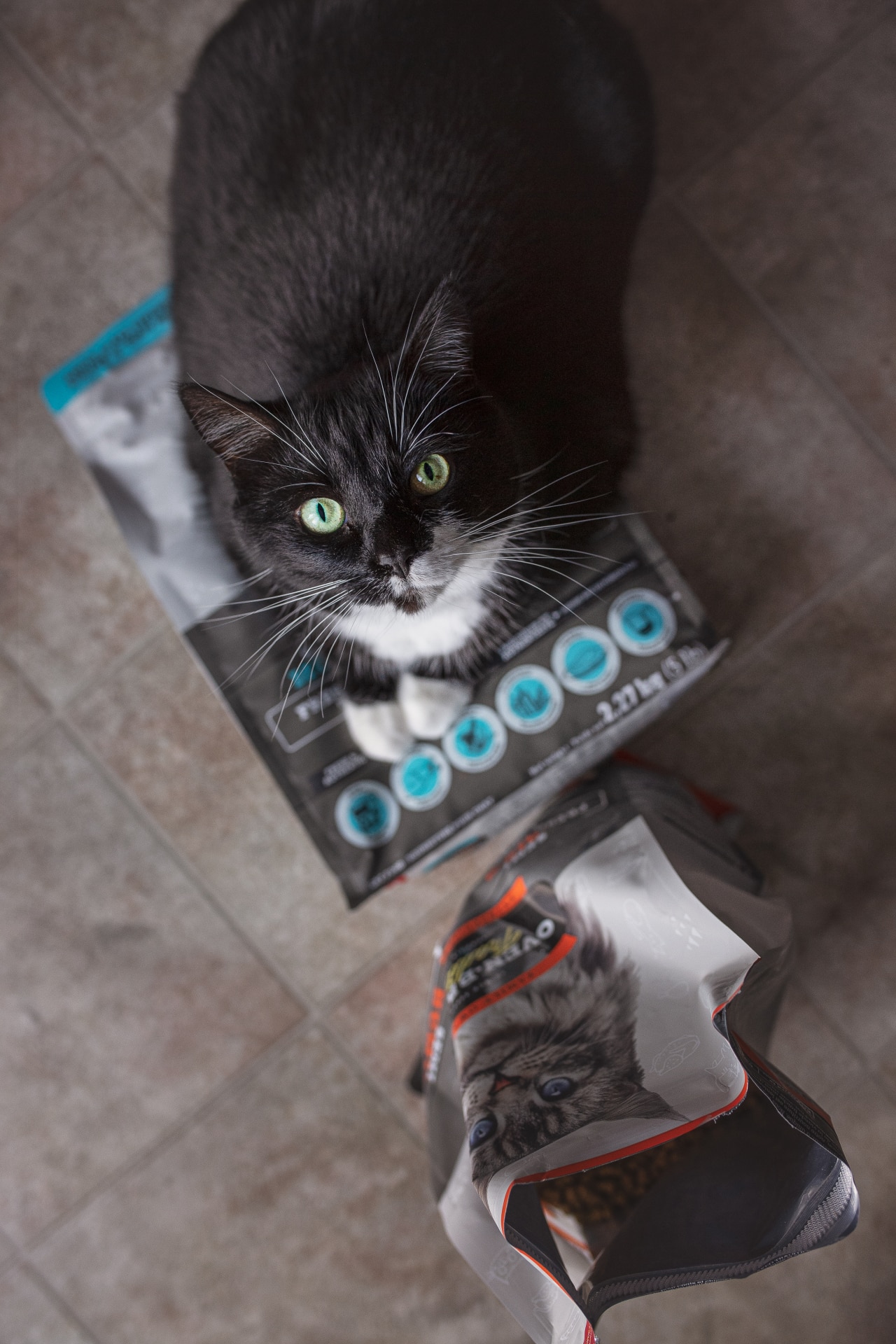Sandy, Frankenstorm or “the big storm” arrival might have turned your usually calm pet into an agitated pet (or your little monster into a big monster)! As if he or she knew that something worrisome was coming… And this has nothing to do with your cat or your dog watching the weather report with you.
So, do pets have a sixth sense that helps them predict storms and earthquakes?
Scientists do not believe that they do. Instead, scientists believe that dogs and cats (and other animals) make better use of their existing five senses, some of which are significantly more sensitive than humans.
The ears are where most of the information about storms and earthquakes is gathered.
Humans hear on average sounds that range from 20 hertz to 20 000 hertz. Dogs can hear ultrasounds up to 40 000 and 60 000 hertz, depending of the breed and the age of the dog, while cats can hear sounds up to 64 000 hertz. Earthquake shockwaves and ocean waves produce sounds in this infrasonic range that we simply do not have the physical abilities to hear, while our pets do.
Ears are also sensitive to barometric pressure changes. Human ears can only sense brutal and extreme changes, like changes in plane travels. Dogs and cats can however not only sense any abnormal variations that are linked with extreme weather, but also immediately feel the urge to seek shelter for their survival. It is hence completely normal that pets are stressed when there is a storm or an earthquake: it is in their genes, and this predisposition was necessary for their ancestors’ survival. Pets can however learn that they do not have to worry that much.
How to turn storms and other extreme weather into less stressful events for your pets
Make sure your pet is not naturally stressed: Pets that suffer from stress and anxiety daily for little things are more prone to suffering from big traumatizing stress when they suspect a storm. By working on your pet’s anxiety roots, you can help it be calmer in all circumstances. Here is a past post that gives advice and suggests products that can help reduce your pet’s anxiety: http://www.ovenbakedtradition.com/en/ovenbakedtradition/product/your-pet-is-stressed-or-anxious
Stay calm: Pets turn to their owners when they are stressed, and they are very sensitive to their emotions. If you are scared of the storms, chances are that your pet will be too. If you are worried about your pet’s stressed behaviour during a storm, your pet will only feel as though there is indeed something to worry about. By showing a calm attitude, you are telling your pet that you think nothing is worrisome at all about this storm.
Do not reward its stress, nor punish it: If you are talking loudly to your pet so that it stops hiding from under the bed, you are only stressing it further. Also, if you are petting it when it is showing stressed behaviours, you are only reassuring it that it is doing the right thing by acting this way. In both cases, you are making things worse for it.
Desensibilization: Associate storms and other extreme weathers with fun activities. You can even buy a CD with storm noises to help you work on this problem by playing with the volume and the period of exposition of the stimuli. During the storm, play with your dog or your cat its favorite game or clicker-train him or her some very fun tricks! Keep it busy on something so that it has no time to worry, and make it fun. It will learn to disregard the noises that it was worried about, and it might even start to associate these noises with a fun playtime with you!
Source : http://science.howstuffworks.com/nature/climate-weather/storms/animals-predict-weather4.htm


